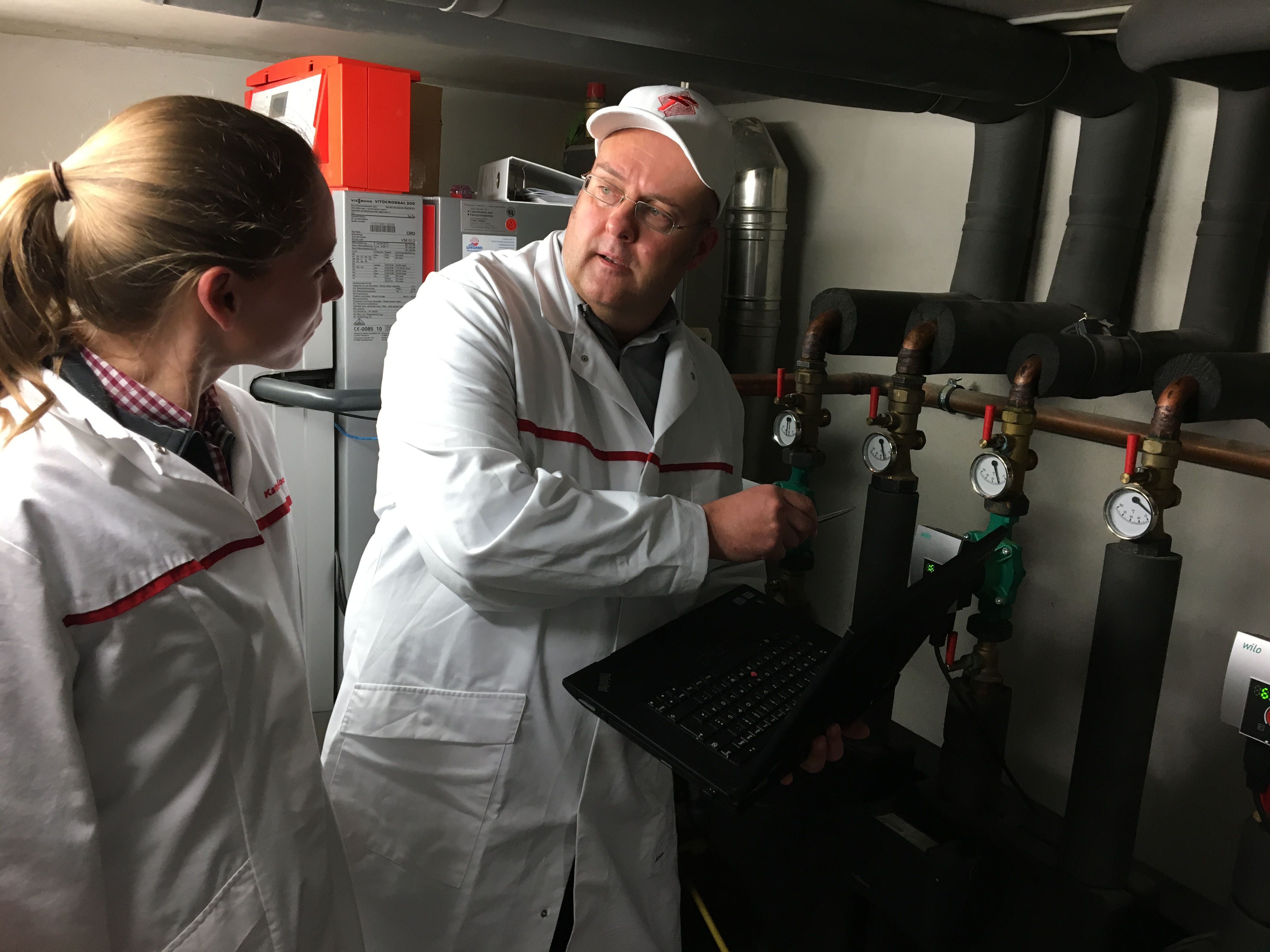Landfleischerei Koch in Calden is now working climate neutral

Frankfurt am Main, October 20, 2017. The new offer from the DFV advice center was developed as part of the association's mission statement. It helps companies in the butcher's trade to save energy costs, avoid climate-damaging emissions and compensate for unavoidable emissions from the company. The service of the DFV is designed in accordance with the agreements of the Kyoto Protocol, the agreement on the design of the United Nations Framework Convention on Climate Change (UNFCCC) with the aim of climate protection. Among other things, they stipulate that emissions that occur in industrialized countries can be offset by climate-friendly projects in poorer countries around the world. This is to prevent the climate from continuing to change worldwide with all known effects.
The Landfleischerei Koch from Calden was one of the first butcher shops in Germany to be made climate neutral and certified. So far, the self-slaughtering company, which consistently sources its animals from the region, has emitted around 150 tons of CO2 per year. The main part of this figure is made up of the outdated cooling systems that are currently due to be replaced, as well as the use of conventional electricity. If the system is renewed and if, for example, green electricity is obtained from renewable energies, this value could be reduced significantly. Further savings could be achieved through other measures such as modernizing the vehicle fleet or selecting already certified suppliers.
In accordance with the agreements of the Kyoto Protocol, the DFV service consisted of three steps: In the first step, the DFV consultant determined all possible ways of saving energy in the operational process. This not only reduced the butcher's energy costs. The savings were also clearly noticeable when calculating the carbon footprint. In a second step, measures were recommended to the company with which it can avoid possible climate-damaging emissions. In the third step, unavoidable emissions were offset by purchasing emission rights. For this purpose, all emissions from the company are converted into so-called CO2 equivalents. By purchasing emission certificates, the company supports climate-friendly measures in other countries and thus offsets its own CO2 balance. Here the DFV works together with the company Fokus-Zukunft.
"We want to save energy and CO2 and show our customers that we take responsibility for our emissions," explains junior boss Katharina Koch. “In addition, we will encourage our suppliers to deal with the issue of climate protection. This also leads to a lower burden for us. Our goal is to reduce emissions in the coming year to well below 100 tons of CO2 per year. ”Koch is convinced that the climate neutrality of your company is a good argument in the current social debate and that your customers also respond positively. To offset the emissions for this year, the country butcher is supporting a water project in Brazil. The corresponding emission certificates were acquired for this.
Companies advised by DFV can choose whether they want to make their products climate-neutral in addition to their operations. The main influencing variables at the operational level are the consumption of energy and materials, as well as the use of coolants. The most important factors for calculating the CO2 neutrality of the products depend heavily on the species, feeding and husbandry. For this purpose, Fokus-Zukunft has developed a calculation model with the support of DFV. This is currently being used in another test facility, the Dohrmann butcher from Bremen.
For DFV Vice President Michael Durst, the two pioneering companies make an important contribution to the discussion of the mission statement of the butcher's trade. “As part of our mission statement work, we are increasingly devoting ourselves to the major social discussions on the topics of health, animal welfare, digital change and, of course, climate protection. We consider it absolutely important that the butcher's trade makes a recognizable and constructive contribution here. "The contact person for energy advice at DFV is graduate engineer Axel J. Nolden:" As before, energy costs make up a significant proportion of the total costs of a typical butcher's trade Company. It is therefore worthwhile to look for potential savings here. And last but not least, climate protection depends on taking part - the more butchery companies that participate, the better for everyone. "

